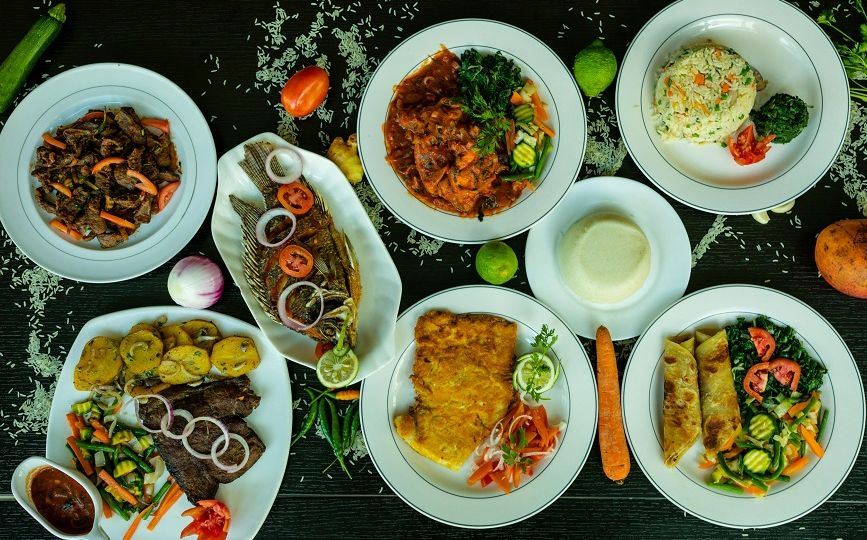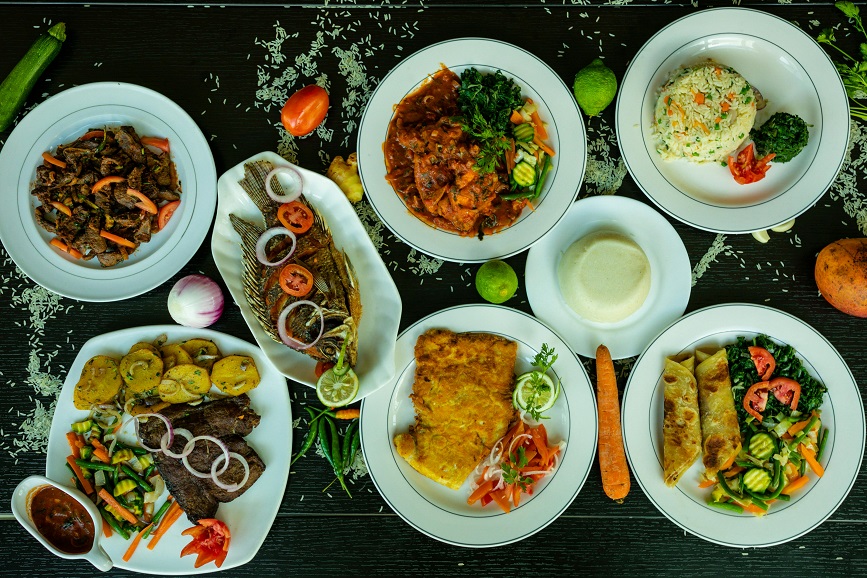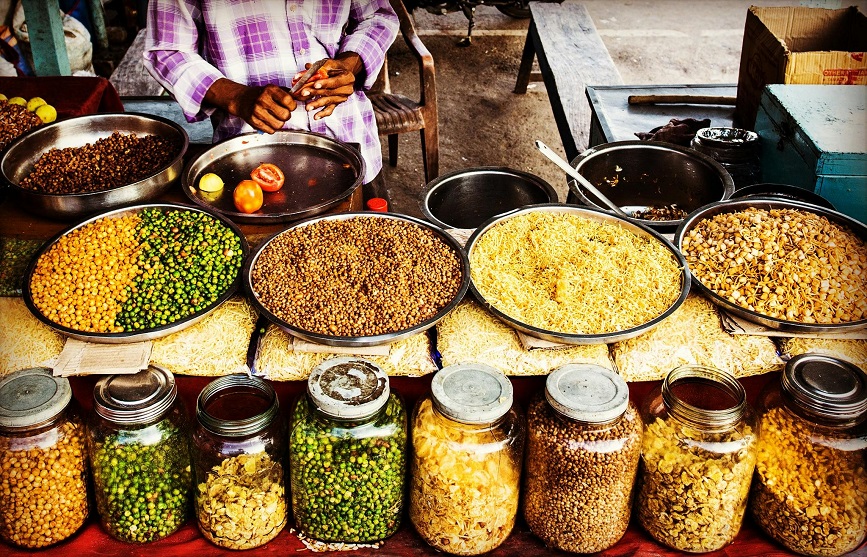
Food diversity encompasses the variety of foods available and consumed by people around the world. It goes beyond mere sustenance, touching upon cultural, nutritional, and environmental aspects. Understanding the importance of food diversity is crucial in promoting healthier lifestyles, preserving cultural heritage, and safeguarding the environment.
Benefits of Food Diversity
- Nutritional Benefits
Food diversity ensures a wider intake of essential nutrients, vitamins, and minerals necessary for optimal health. - Cultural Significance
Different cuisines reflect the rich cultural heritage of communities, fostering a sense of identity and belonging. - Environmental Impact
Supporting diverse crops promotes biodiversity, resilience to pests, and mitigates the risks associated with monoculture farming.
Factors Influencing Food Diversity
- Geography
Geographical features influence the availability of certain foods, leading to regional specialties and diverse culinary traditions. - Climate
Climate variations dictate which crops thrive in different regions, shaping local diets and food cultures. - Economic Factors
Access to diverse foods is often influenced by economic factors such as income level, market availability, and food distribution systems.
Challenges to Food Diversity
- Globalization
Homogenization of food culture due to globalization threatens traditional diets and indigenous food practices. - Industrial Agriculture
Intensive farming practices prioritize high-yield crops, leading to a loss of biodiversity and genetic erosion. - Food Deserts
Underserved communities lack access to fresh, diverse foods, contributing to health disparities and nutritional deficiencies.
Promoting Food Diversity
- Sustainable Agriculture
Practices such as agroecology and permaculture support biodiversity while ensuring food security and environmental sustainability. - Community Gardens
Community-led initiatives promote local food production, enhance food access, and foster social cohesion. - Culinary Education
Educational programs raise awareness about the importance of diverse diets, culinary skills, and sustainable food choices.
Food Diversity and Health
- Balanced Diets
Incorporating a variety of foods into one's diet ensures a balanced intake of nutrients, reducing the risk of malnutrition and chronic diseases. - Disease Prevention
Certain foods possess medicinal properties and contribute to disease prevention, highlighting the importance of dietary diversity. - Mental Well-being
Exploring diverse cuisines can enhance mental well-being, offering sensory enjoyment and cultural enrichment.
Food Diversity in Different Cultures

- Asian Cuisine
Asian diets feature a wide array of ingredients, flavors, and cooking techniques, reflecting diverse regional cuisines. - Mediterranean Diet
The Mediterranean diet emphasizes plant-based foods, olive oil, and fish, renowned for its health benefits and culinary diversity. - Indigenous Food Practices
Indigenous communities preserve traditional food knowledge, utilizing locally sourced ingredients and sustainable harvesting methods.
Economic Importance of Food Diversity
- Agriculture Industry
Diverse agricultural practices support livelihoods, foster innovation, and contribute to economic growth in rural communities. - Tourism
Culinary tourism capitalizes on food diversity, attracting visitors eager to explore local cuisines and gastronomic experiences. - Trade Relations
Global food trade relies on diverse crops, spices, and culinary products, shaping international trade relations and economic policies.
Government Initiatives
- Food Policies
Governments implement policies to promote agricultural diversity, regulate food systems, and ensure food security for all citizens. - Subsidies
Financial incentives encourage farmers to diversify crops, conserve land, and adopt sustainable farming practices. - Public Health Campaigns
Health agencies educate the public about the benefits of diverse diets, advocating for healthier food environments and dietary guidelines.
Educational Programs
- School Curriculums
Integrating food diversity into school curriculums educates future generations about the importance of diverse diets and sustainable food systems. - Workshops
Hands-on workshops teach cooking skills, culinary traditions, and sustainable food practices, empowering individuals to make informed dietary choices. - Awareness Campaigns
Public outreach campaigns raise awareness about food diversity, cultural heritage, and the impact of food choices on health and the environment.
Impact of Food Diversity on Biodiversity
- Conservation Efforts
Preserving diverse crop varieties and indigenous food species conserves biodiversity, ensuring genetic resilience and food security. - Endangered Species
Many traditional food crops and livestock breeds are at risk of extinction, highlighting the need for conservation efforts and genetic preservation. - Ecosystem Resilience
Diverse agricultural systems promote ecological resilience, enhancing soil health, water retention, and pest management.
Global Efforts for Food Diversity
- UN Sustainable Development Goals
The United Nations promotes food security, sustainable agriculture, and biodiversity conservation through its Sustainable Development Goals. - International Collaborations
Global partnerships facilitate knowledge exchange, research collaboration, and capacity building to address food diversity challenges worldwide. - Non-Profit Organizations
NGOs and grassroots movements advocate for food sovereignty, land rights, and agroecological practices, empowering communities to protect food diversity.
Conclusion
The importance of food diversity cannot be overstated in today's globalized world. Embracing diverse diets, preserving culinary traditions, and supporting sustainable food systems are essential steps towards ensuring a healthy, equitable, and resilient future for generations to come.

